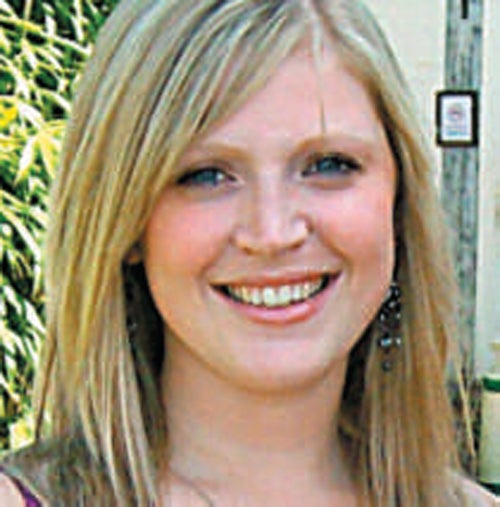On the airwaves: how to get a job in radio

Emily Palmer, 21, is a production assistant for the Dermot O’Leary show on Radio 2, find out how she got her job.
I studied new media journalism and radio broadcasting at Thames Valley University, which I chose because I have always been interested in music and journalism. It was a lucky chance that they both came together in the degree! The fact that the Ealing campus has studios was such an advantage: no other university offered that at the time.
We ran the studios and the station, looked after programme controlling and handled the Office of Communication (Ofcom) licence. The station is aimed at students but our year took a different approach and targeted the wider community with more of a commercial sector approach; we followed a playlist like you would in any professional station. We only had a few minor hiccups with technical difficulties, so it was a real success.
I was eager to make something out of my degree right from the first year. I though it was the best time to start because I could afford to do free work. The rest of my class weren’t in the same frame of mind really, which surprised me. I would always encourage anyone to get going early because it’s all about making contacts in media.
I did a couple of days as a runner on Big Brother and they offered me a paid, full-time position in the summer. They invited me back the next year and I met Dermot O’Leary. He then invited me onto his radio station and they offered me a job there. I think it takes time to build links and the fact that I started so early really helped and inspired me to do more and more.
The biggest challenge I face as a production assistant is editing. I have stepped in on a number of occasions as assistant producer and the only things I lack are the skills and experience of editing in a short time. Even when we are live on air some things need cutting; because it’s a live show it’s always different and there is always a buzz. There is the challenge to make sure the bands we interview are OK, to know where they are on the phones and that they know what to say. Anything could go wrong at any moment and it’s a challenge every day.
We have a drink after work and discuss how the show went, and they’ll call me in during the week because we have to report all the music we use for licensing reasons. I’ll come in to do a bit of admin and various bits of research; if I know of any bands that we should interview I’ll do a mini biography, for example.
It’s a very small team: me, an assistant producer and Dermot, and between us we pitch in ideas. It’s quite informal in a way and that’s what I have found with radio; it’s a lot less intense than television, which can be very formal and set in its ways.
Ideally, if I could have any job, I would like to produce radio on a national scale, but at this stage I can’t be too picky. I am also looking at editorial assistant roles and jobs in television. There is such a variety now, which makes it really hard to decide what to do!
Join our commenting forum
Join thought-provoking conversations, follow other Independent readers and see their replies
0Comments